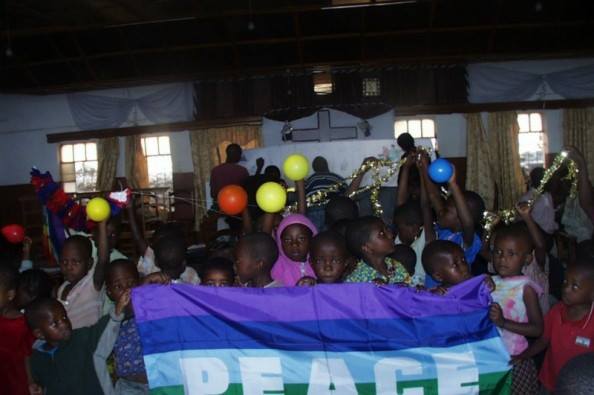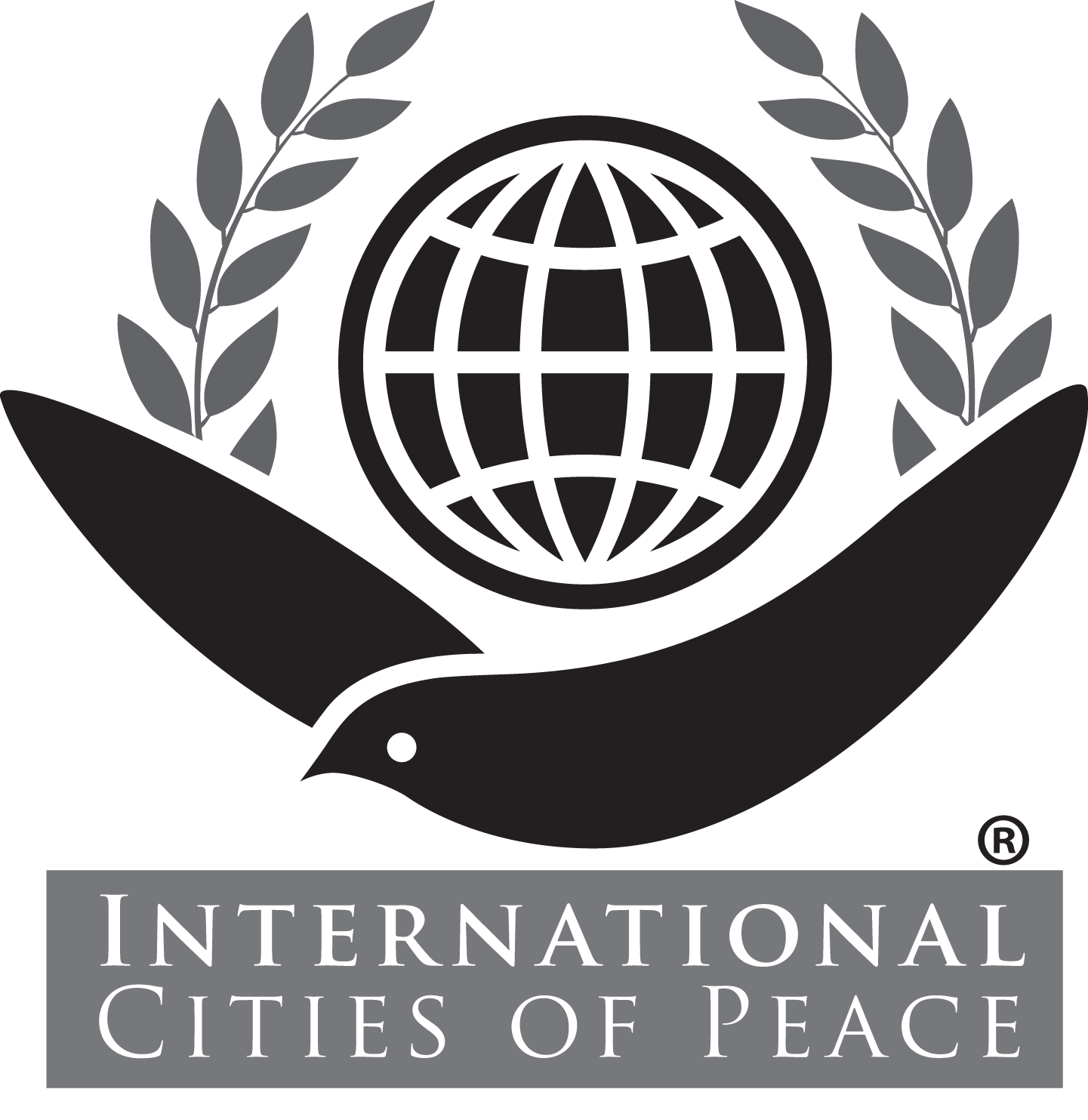Bukavu, Democratic Republic of Congo: City of Peace
We welcome Pastor Samuel Muderhwa to the ICP Advisory Council as leader of Bukavu, D.R. Congo: City of Peace. Samuel and his colleagues lay out a practical vision for their community:
We are working with different groups but mostly with Vulnerable children, youth and young single mothers, grandmothers, displaced persons among other groups as they were mostly affected by the war and same of them have become HIV/AIDS positive and other have different problems. PCR has plan establishing the adult schools, psychological support and counseling, peer education and drug abuse awareness. PCR recently hosting the conference, training, seminars and events with different groups as the children Christmas program in Bukavu sponsored by Music for Life, an African children choir. Three hundred twenty-five children attended the program, many orphaned and from surrounding the slums and poor areas. this photo is from the event.
Note: Introduction page with information primarily at the time of joining International Cities of Peace. For updates, please contact the liaison.
Peace and Conflict Resolution was founded in Bukavu, South-Kivu by Pastor Samuel Muderhwa and his wife Faida in 2004. They both completed a diploma from the school of Mediation in Nairobi in 2006. This challenged them to continue to expand the vision of PCR. The people of Eastern D.R.Congo have passed through unimaginable chaos caused by the wars that have taken place in the region. PCR is a humanitarian organization and not a political one. Its aims to create peace and reconciliation, to bring broken families together, to give vulnerable children hope, and encourage women who have been affected by the war. PCR activities focus on education to nurture and promote responsible decision making and problem solving skills. PCR registered as a nonprofit organization with the division of Justice and Human Rights in D.R.Congo in 2007.
About Pastor Samuel Mderhwa and his work.
Pastor Samuel Mderhwa and his wife, Faida, a gospel singer, ministered in Rwanda for two and half years and now they have more than five years ministering in Nairobi Kenya at Maranatha Faith assemblies Church.
Pastor Samuel completed the school of Bible, Mediation, AVP, and passed to the course of Counselling in Nairobi.
Contact Person: Pastor Samuel Muderhwa
Coordinator
Peace & Conflict Resolution Project <peacecrp@yahoo.com>
www.peaceconflictresolutionproject.webs.com
History of Democratic Republic of Congo (from Wikipedia):
Located in Central Africa, it is the second largest country in Africa by area and the eleventh largest in the world. With a population of over 71 million,[1] the Democratic Republic of the Congo is the eighteenth most populous nation in the world, and the fourth most populous nation in Africa, as well as the most populous officially Francophone country.
It borders the Central African Republic and South Sudan to the north; Uganda, Rwanda, and Burundi in the east; Zambia and Angola to the south; the Republic of the Congo, the Angolan exclave of Cabinda, and the Atlantic Ocean to the west; and is separated from Tanzania by Lake Tanganyika in the east.[1] The country has access to the ocean through a 40-kilometre (25 mi) stretch of Atlantic coastline at Muanda and the roughly 9 km wide mouth of the Congo River which opens into the Gulf of Guinea.
The Second Congo War, beginning in 1998, devastated the country, involved seven foreign armies and is sometimes referred to as the “African World War”.[4] Despite the signing of peace accords in 2003, fighting continues in the east of the country. In eastern Congo, the prevalence of rape and other sexual violence is described as the worst in the world.[5] The war is the world’s deadliest conflict since World War II, killing 5.4 million people since 1998.[6][7] The vast majority died from malaria, diarrhea, pneumonia and malnutrition.[8]
The Democratic Republic of the Congo was formerly, in chronological order, the Congo Free State, Belgian Congo, Congo-Léopoldville, Congo-Kinshasa, and Zaire (Zaïre in French).[1] These former names are sometimes referred to, as unofficial names, with the exeption of Mobutu’s discredited Zaire, along with various abreviations, such as, Congo, Congo-Kinshasa, DR Congo and DRC. Though it is located in the Central African UN subregion, the nation is also economically and regionally affiliated with Southern Africa as a member of the Southern African Development Community (SADC).
DO YOU THINK YOUR COMMUNITY CAN BE A CITY OF PEACE? SEND AN EMAIL!
Note: If information or photos used here are copyrighted, please contact us and we will immediately delete the copyrighted material.

